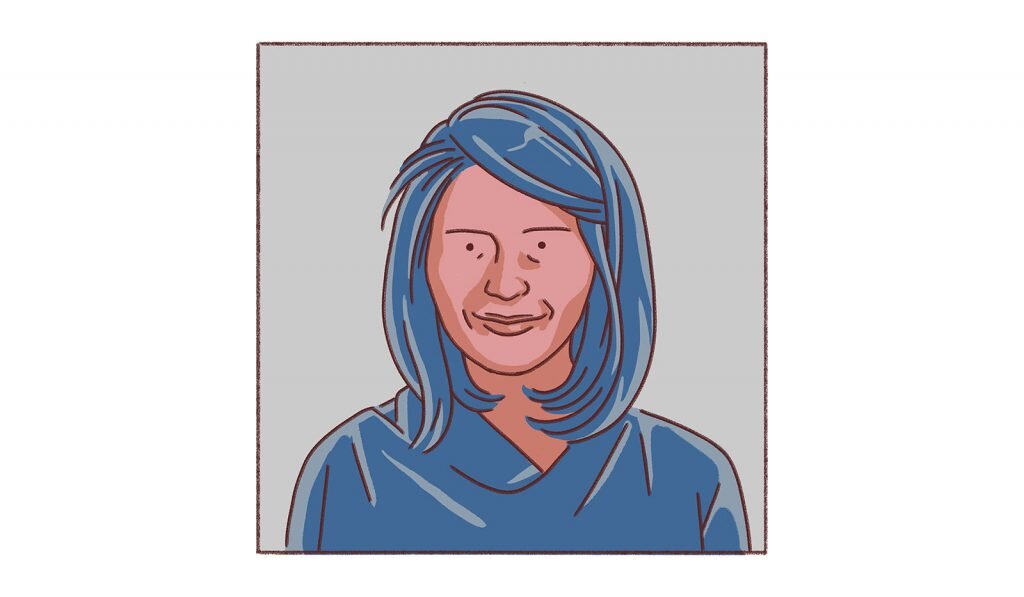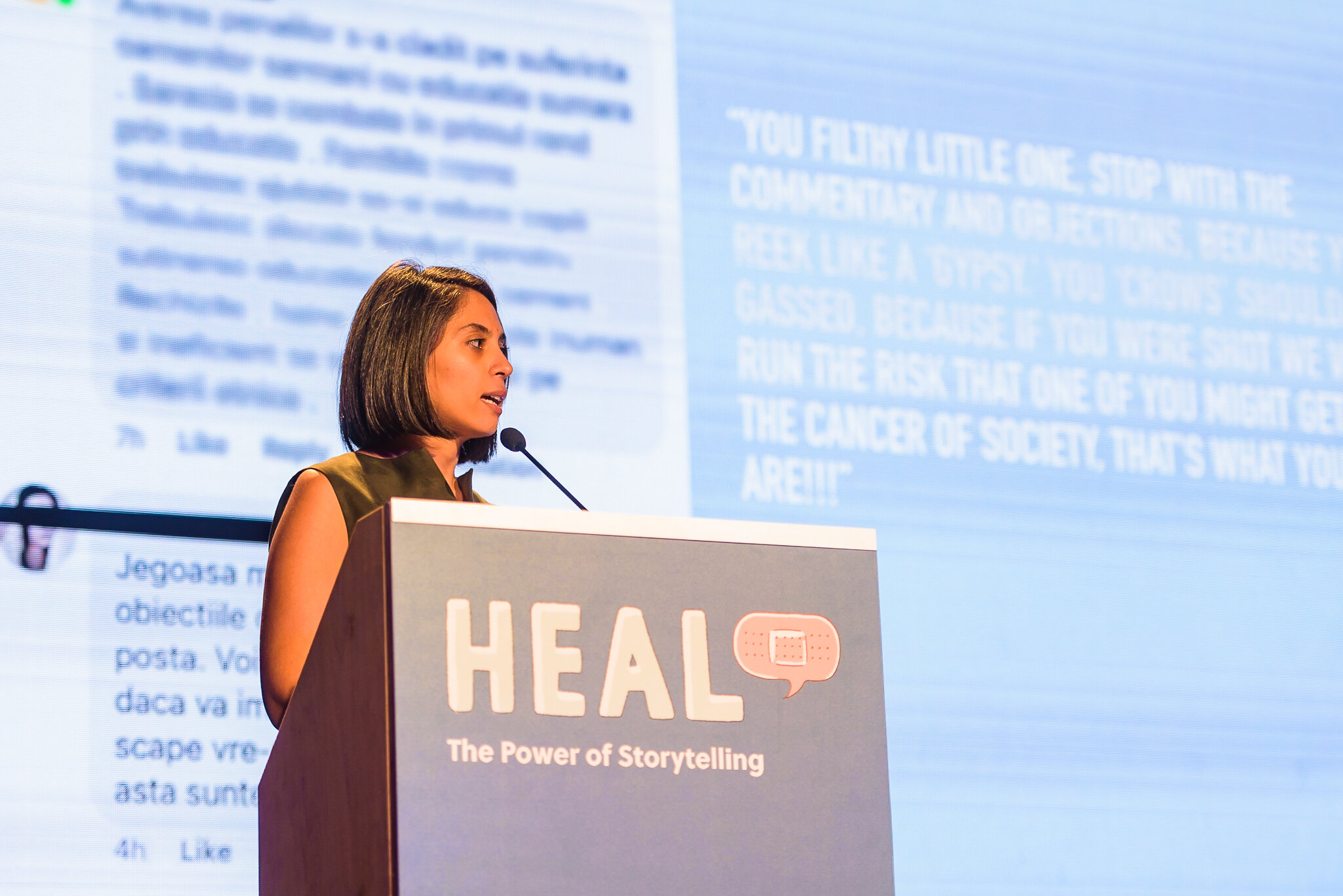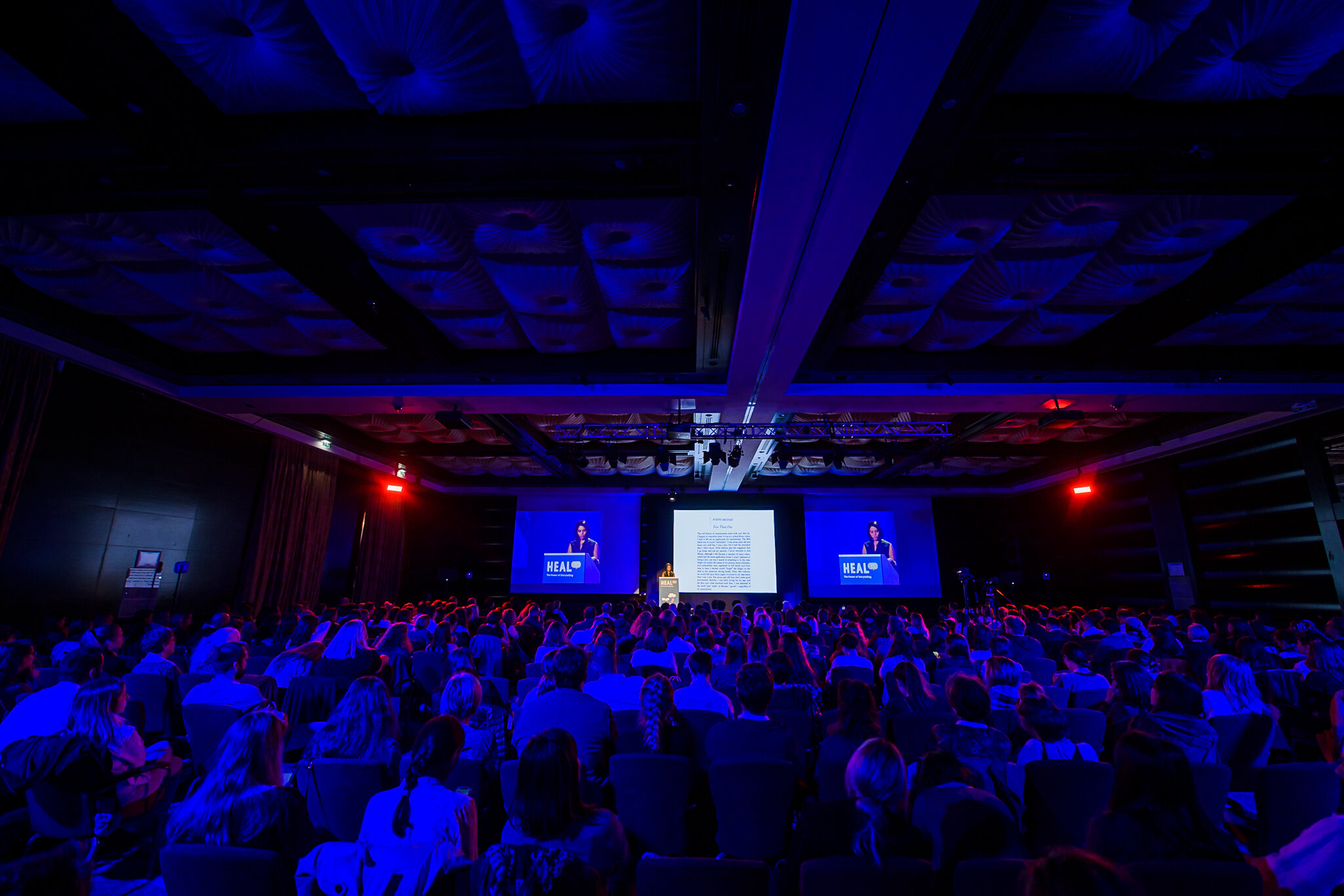Reclaiming Romani-ness
I come to the subject of Romani identity from an understanding that our racialized and gendered identities are both performed and embodied – forming part of the horizon from which we make meaning of the world. I wish to recast the discourse surrounding Romani identity as hybridized and multicultural, as well as, following Glissant, embedded into a pluritopic notion of history.
Politics of difference
My contribution "Politics of Difference: Roma as homo sacer within nationalist and racist public discourse, Or, Why Reifying Stereotypes is Bad" to the volume, The Romanian Problem: An analysis of Romanian Racsism, traces how 'orientalization' or exoticization of Romani bodies, places Roma in a socio-political position of irreducible alterity—one often promulgated through stereotypes—which renders Romani life as "bare life" (Agamben).
Romania: A Hostile home for it’s roma
A true reckoning with the history of oppression and persecution of Roma would begin to fill in the lacunae in history. It is through these cracks and fissures in a historical narrative that a truly recognizable Romani subjectivity in all its nuance and specificity is lost. And it’s precisely the lack of knowledge which buttresses the false caricatures of Roma.
Beyond Apology
An critical analysis of Pope Francis’ visit and apology to the Roma community, in which he asked "for forgiveness - in the name of the Church and of the Lord...[f]or all those times in history when we have discriminated, mistreated or looked askance at you ... and were unable to acknowledge you, to value you and to defend you in your uniqueness.”
Listening as Healing: Personal and Cultural Memory
In a keynote talk at The Power of Storytelling conference in Bucharest, Romania I spoke about listening as a mode of healing historical and personal trauma. Interweaving personal narrative and collective storytelling, this talk explores memory, history, identity and heritage, but also the cracks and fissures in the stories we tell about ourselves about our society. I ask: How do we as individuals and as a society enact the meticulous work of repairing the sinews that tie us to our personal, family and ethnic histories while also filling in the lapses in narrative that have come to define Romani people in order to heal together.


